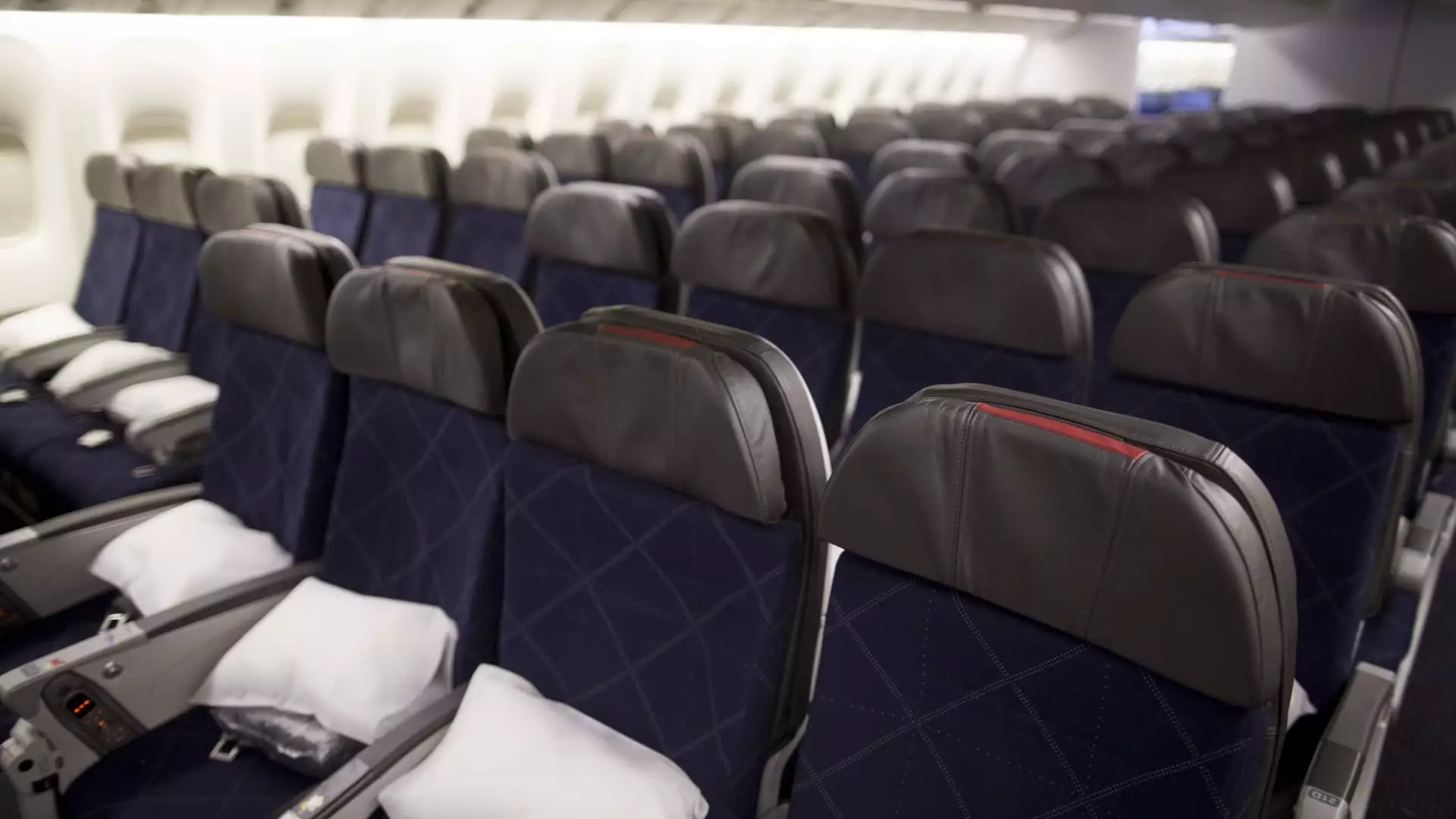The airline industry in the United States is experiencing heightened scrutiny concerning its controversial approach to charging seating fees. This Wednesday, executives from major airlines, including American, Delta, United, Spirit, and Frontier, will be compelled to justify these charges in front of a Senate panel. The Senate Permanent Subcommittee on Investigations has labeled such additional fees as “junk” fees—contributions that have inflated the industry’s revenue to a staggering $12.4 billion from 2018 to 2023, according to recent disclosures. This sum raises questions about transparency, customer choice, and fairness in an industry that is essential for national and global connectivity.
Much of the revenue derived from seating fees stems from charges associated with more desirable seating options, including those with additional legroom or advantageous locations within the aircraft. Executives defending this revenue model argue that the choice remains voluntary for consumers. As Stephen Johnson, American Airlines’ chief strategy officer, pointed out, the airline offers a layered pricing structure intended to provide travelers with options suited to their preferences and needs. However, this rationale does little to mitigate the frustration of consumers who have long been accustomed to all-inclusive airfare.
The Biden administration has shown a commitment to addressing the issue of “junk” fees, positioning the airline sector as a key area for reform. Lawmakers are increasingly scrutinizing the ways airlines communicate these fees, examining whether customers are fully informed of the costs associated with their seating choices. This scrutiny is crucial as consumers begin to express dissatisfaction over what appears to be a systematic attempt to monetize every aspect of their flying experience. The obligation to deliver clear communication about add-on costs, including baggage fees and seating selection, cannot be understated.
The competition among airlines to offer premium seating options is intensifying. Airlines are rapidly expanding their premium seating classes as a means to boost revenue, often at the expense of fundamental services that were historically included in ticket prices. The push to enhance profit margins without improving passenger experience raises ethical questions about customer service and defines a troubling trend in modern aviation.
Low-cost carriers like Spirit and Frontier have pioneered the fee-based model that has now been adopted throughout the industry, compelling traditional airlines to reconsider their pricing strategies. While this innovation has given rise to more affordable air travel options, it has also imposed a new set of challenges for both consumers and competitors. Spirit’s recent Chapter 11 bankruptcy filing exemplifies the intense pressures facing airlines amid shifting consumer preferences and a competitive marketplace.
As airline executives prepare to face the Senate panel, they must grapple with the reality that their pricing strategies have become a focal point of public and governmental criticism. The hearing serves as a crucial platform for weighing the balance between profitability and consumer rights in an evolving marketplace. With legislative efforts to dismantle “junk” fees gaining momentum, the airline industry may need to rethink its approach to customer service and pricing transparency to retain customer trust and loyalty in the future.


Leave a Reply